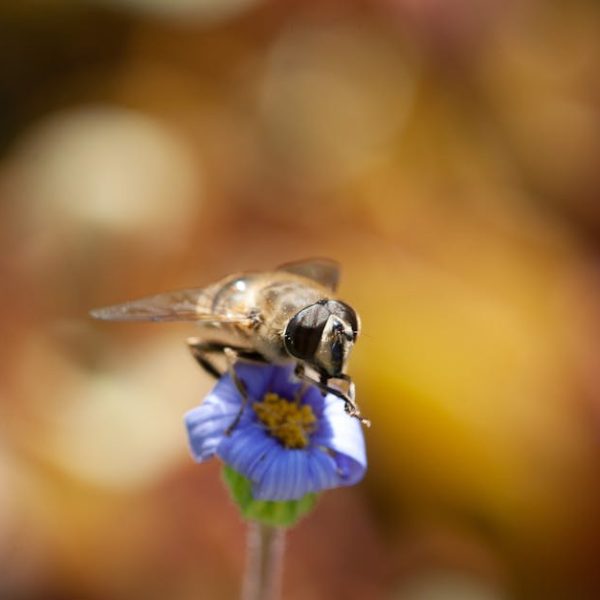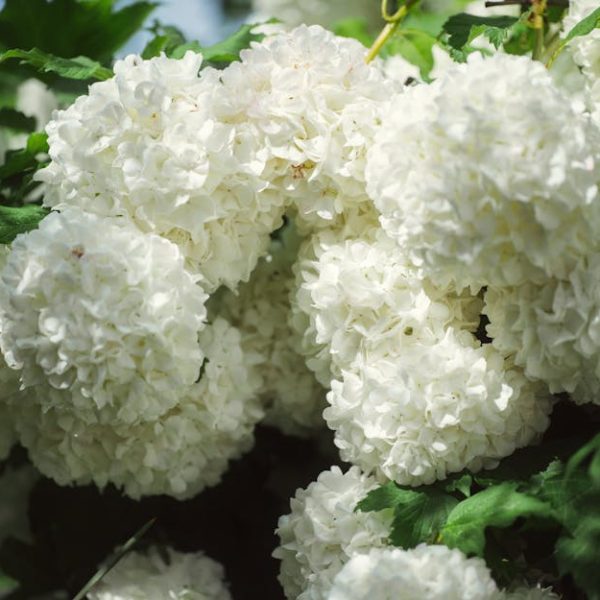Dealing with squirrels can be a bit of a challenge if they’ve decided your backyard or attic is their new home. While they might look cute scampering around, they can be a huge nuisance, damaging your property and raiding your gardens. But no worries, we’ve got you covered with these ten quick, easy, and humane strategies to keep squirrels out of your space.
Understanding Squirrel Behavior
To handle the squirrel issue effectively, it’s important first to understand their behavior. Squirrels are creatures of habit – they are primarily feeders on nuts and seeds and occasionally fruits, vegetables, and roots offered by Mother Nature. But when these become scarce, they turn to readily available food resources in your backyard or garden, even your attic—their natural instinct to hoard for lean times leads them to your property.
Signs of a potential squirrel presence may include:
- Nibbled plants
- Presence of squirrel burrows
- Noise in the attic or walls
Pro Tip: Keeping tabs on your yard’s routine activities can help you quickly detect any squirrel activity. Look for signs like bark stripped from trees, scattered pieces of shells, or small, twisted-off branches—all telltale traces of a squirrel presence.
The Importance of Cleanliness
Maintaining a clean environment is crucial in deterring squirrels from invading your property. Neatly kept spaces are less inviting to the squirrels. It’s simply because there’s little to no food scraps left that can be potential food sources for them.
Best Practice:
- Keep the trash bins securely closed to prevent the squirrels from scavenging for food.
- Ensure no leftovers around after picnics, barbecues, or any outdoor meals.
- Clean up bird feeders routinely; squirrels are often attracted to spilled seeds.
When we compare a clean environment against one with leftover food and unsealed trash cans, the latter is more appealing to squirrels.
Use of Squirrel Repellents
Another strategy to keep squirrels away is using squirrel repellents. These are typically concoctions with ingredients that squirrels find distasteful or irritating, hence, keeping them away from your property.
Checklist:
- Read the instruction label before application
- Spray the repellent around the high-activity zones
- Keep the repellent out of children and pets’ reach
- Reapply the solution after heavy rain or as directed by the manufacturer
In the market, you’ll find several types and brands. Knowing their advantages and potential drawbacks is essential to decide what works best for your situation.
Stay tuned as we continue to unravel more effective ways to keep the pesky squirrels at bay in the next sections.
Introducing Natural Deterrents
Alongside repellents, natural deterrents can be a highly effective solution for discouraging squirrels. From predatory odors to strategic plantings, there are lots of ways to naturally deter squirrels. Even better, they often allow you to maintain a pleasant environment without the excessive use of chemicals.
Pro Tip: You can incorporate these natural deterrents into your landscape in creative ways that don’t compromise your outdoor aesthetics. Use predator urine around the perimeter, sprinkle spicy peppers around your garden or apply a homemade vinegar-based spray.
Some plants that are known to discourage squirrels include:
- Daffodils
- Galanthus
- Allium
- Hyacinth
- Fritillaries
Creating Physical Barriers
When all else fails, or better yet in conjunction with the above, physical barriers can keep squirrels at bay. From netting around plants to the installation of special fencing or roof vent guards, these barriers can deter squirrels from choosing your backyard as their buffet.
Best Practice:
- Ensure barrier installation is secure to prevent squirrels from finding entry points.
- Regularly inspect your physical barriers to ensure they are in good shape.
- Prioritize barrier installation around vulnerable areas – e.g., areas with food crops or entry points to your attic.
When told to choose between different physical barriers, it’s essential to consider factors like the cost, effectiveness, and aesthetic value.
In conclusion
In your quest to keep your yard and home squirrel-free, it’s essential to understand that there is no one-size-fits-all solution. What works for one person might not work for another. Hence, consider trying a combination of these tactics until you find what works best for you. Be patient, persistent, and remember – the aim is not to harm these creatures but to guide them gently back to nature where they truly belong.
And who knows? By implementing these strategies, you might even end up attracting less troublesome wildlife to your outdoor space. Here’s to enjoying a peaceful, squirrel-free environment!
Key Takeaway:
- Understanding the feeding and nesting behavior of squirrels is the first step in deterrence. Monitoring your property for signs of their activity can help you react promptly.
- Cleanliness is a key deterrent, decreasing potential food sources for squirrels, such as food residues or open garbage bins.
- There are multiple squirrel repellents available on the market, with various pros and cons. Proper application and storage are essential.
- Natural deterrents, such as certain plants or homemade sprays, can effectively keep squirrels away. This is a safer option for maintaining a pleasant environment.
- Physical barriers are effective in restricting squirrel’s access to food and nesting sites. These include fences, sealants, and netting.
Ending on a positive note, remember that dealing with squirrels can be challenging, but with persistence and the right strategies, it can be done. Find what works best for your situation by mixing and matching these methods. Keep the aim to guide these creatures back to nature without harm, thereby getting to enjoy your peaceful, squirrel-free environment.
FAQs
Q: What fruits or vegetables are squirrels attracted to?
A: Squirrels are attracted to a variety of fruits and vegetables such as apples, peaches, grapes, and tomatoes, among others. Avoid leaving these out in your garden or yard if you’re dealing with a squirrel problem.
Q: Are there any plants that attract squirrels?
A: Yes, squirrels are attracted to plants that produce nuts, seeds, or fruits as these are their primary food sources. These may include oak trees, hickory trees, and sunflowers, among others.
Q: Can bird feeders attract squirrels?
A: Yes, bird feeders can attract squirrels as they are often filled with seeds, a favorite food source of squirrels. To prevent this, consider getting a squirrel-proof bird feeder or regularly clean up any spilled seeds.
Q: Are squirrel repellents safe for other animals or pets?
A: It largely depends on the specific product. Many repellents are designed to be eco-friendly and safe, but you should always read the label and follow the instructions to ensure it’s safe for your specific situation.
Q: Do I need professional help to install physical squirrel barriers?
A: Not always. Many physical barriers such as fencing or netting can be installed with do-it-yourself methods. However, for more complex installations, such as roof vent guards, it may be best to consult a professional.
We hope this article has been helpful to you. Feel free to share it with others who might be dealing with a squirrel invasion, and check out our other posts for more great tips and advice.






